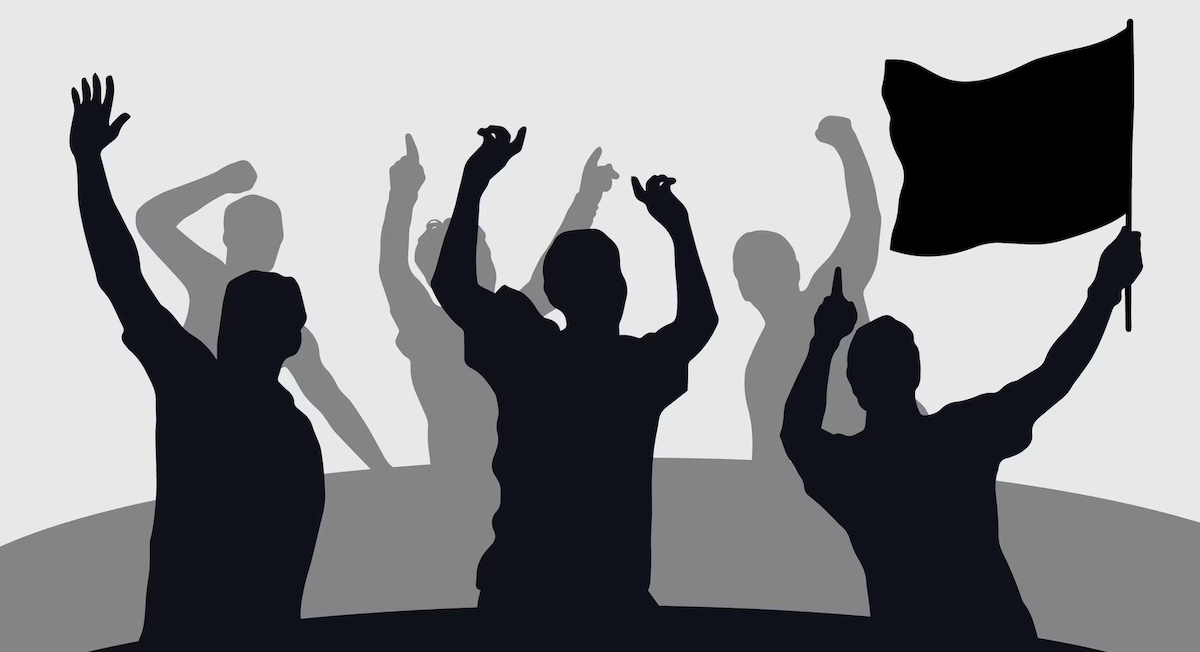Content Moderation / Knowledge Center / Guide
Trust & Safety changelog
Stay on top of the latest changes affecting your Trust & Safety operations.
This changelog is crowdsourced, feel free to suggest missing items.
Adult contentChild SafetyExtremismHarassmentHateMisinformationPrivacySelf-HarmSubstancesViolence
July 2024 | ||
| Malaysia is requiring social media services to apply for a license if they have more than 8M users in the country. Read more | Malaysia | Regulatory |
June 2024 | ||
| The United Nations are launching global principles to combat online hate and lies. Read more | World | Regulatory |
February 2024 | ||
| Canada is introducing the Online Harms Act that will make platforms responsible for reducing exposure to damaging content. Read more or even more | Canada | Regulatory |
January 2024 | ||
| Sri Lanka is passing a new bill to regulate online content. Read more | Sri Lanka | Regulatory |
November 2023 | ||
| Australia is releasing new online safety standards to tackle terror and CSAM, including deepfakes created using generative AI. Read more or even more | Australia | RegulatoryChild SafetyExtremismMisinformationViolence |
| YouTube is announcing a series of policy changes aiming to inform viewers when content has been generated by AI. Read more | WorldYouTube | RegulatoryMisinformation |
October 2023 | ||
| India is asking X, YouTube and Telegram to ensure any child sexual abuse material is removed from their platforms. Read more | IndiaTelegramYouTube | RegulatoryChild Safety |
| Vietnam is alleging that TikTok is failing to block illegal content, including harmful content for children. Read more | VietnamTikTok | RegulatoryChild Safety |
September 2023 | ||
| Malaysia is considering new regulations that will make Google and Meta compensate news outlets for content sourced from them. Read more | MalaysiaGoogleMeta | Regulatory |
August 2023 | ||
| New Zealand is planning to introduce a legislation for a digital services tax on large multinational companies from 2025. Read more | New Zealand | Regulatory |
July 2023 | ||
| Singapore is introducing a new code of practice for social media platforms to ensure online safety. Read more | Singapore | RegulatoryChild SafetyViolence |
June 2023 | ||
| Meta shareholders are voting against an inquiry into allegations of political entanglement and content management biases. Read more | IndiaMeta | Regulatory |
May 2023 | ||
| The EU is launching a Digital Transformation Centre to support Kenya's transition, promoting a human-centered digital economy. Read more | KenyaUE | Regulatory |
| Vietnam is planning to require Facebook, YouTube and TikTok users to verify their accounts Read more | VietnamMetaTikTokYouTube | Regulatory |
April 2023 | ||
| Brazil is introducing new social media restrictions over school violence content. Read more | Brazil | RegulatoryChild SafetyViolence |
| Vietnam is announcing it will start to investigate TikTok in May for harmful content. Read more | VietnamTikTok | Regulatory |
| India is prohibiting Facebook, Twitter and others from hosting misleading information about the government, requiring them to rely on their own fact-check unit. Read more | IndiaFacebookTwitter | RegulatoryMisinformation |
| Canada is examining a bill requiring sites showing sexually explicit material to have valid age verification for users. Read more | Canada | RegulatoryAdultChild Safety |
March 2023 | ||
| UNESCO is launching a National Coalition on Freedom of Expression and Content Moderation in Kenya. Read more | Kenya | RegulatoryHateMisinformation |
February 2023 | ||
| Singapore is examining a new Code of Practice seeking to remove harmful content from app stores. Read more | Singapore | RegulatoryAdultChild SafetyViolence |
| Australian e-safety commissioner is asking TikTok, Twitter and Google to hand over information on handling online child abuse. Read more or even more | AustraliaGoogleTikTokTwitter | RegulatoryChild Safety |
| The Independent National Electoral Commission (INEC) is launching a new short-code aiming at combating fake news. Read more | Nigeria | RegulatoryMisinformation |
January 2023 | ||
| Japan is creating a new agency to counter fake news and online disinformation. Read more | Japan | RegulatoryMisinformation |
| India is forming three Grievance Appellate Committees to oversee social media content moderation. Read more | India | Regulatory |
| The National Police Agency is adding murder, guns and explosives to contents that can be requested for removal by internet service providers in March. Read more | Japan | RegulatoryViolence |
| The United Nation’s 2022 Internet Governance Forum (IGF) is discussing internet fragmentation among democracies vs. driven by authoritarian states. Read more | World | Regulatory |
December 2022 | ||
| In Thailand, a new law is forcing online service providers and social media platforms to take down content within 24 hours without a court order. Read more | Thailand | Regulatory |
November 2022 | ||
| Singapore is passing an Online Safety Bill requiring social media sites to block "harmful content" within hours. Read more | Singapore | Regulatory |
| Australia, Fiji, Ireland and the UK are launching a Global Online Safety Regulators Network paving the way for a coherent international approach to online safety regulation. Read more | AustraliaFijiIrelandUK | Regulatory |
| Vietnam is tightening regulations regarding "false" content on social media platforms so that it is taken down within 24 hours instead of 48 hours. Read more | Vietnam | RegulatoryMisinformation |
October 2022 | ||
| The Indian government is forming a government panel to hear complaints from users about content moderation decisions by social media platforms. Read more | India | Regulatory |
| Singapore is introducing a bill into Parliament to fight egregious and harmful online content. Read more | Singapore | RegulatoryAdultChild SafetyExtremismSelf-harm |
August 2022 | ||
| Indonesia is blocking access to various online platforms such as PayPal, Steam and Yahoo after they failed to comply with a regulatory deadline. Read more | Indonesia | Regulatory |
See missing items? You can add them here.
Read more

AI-generated images - The Trust & Safety Guide
This is a complete guide to the Trust&Safety challenges, regulations and evolutions around GenAI for imagery.

Unsafe organizations and individuals — Content Moderation
This is a guide to detecting, moderating and handling unsafe organizations and individuals.